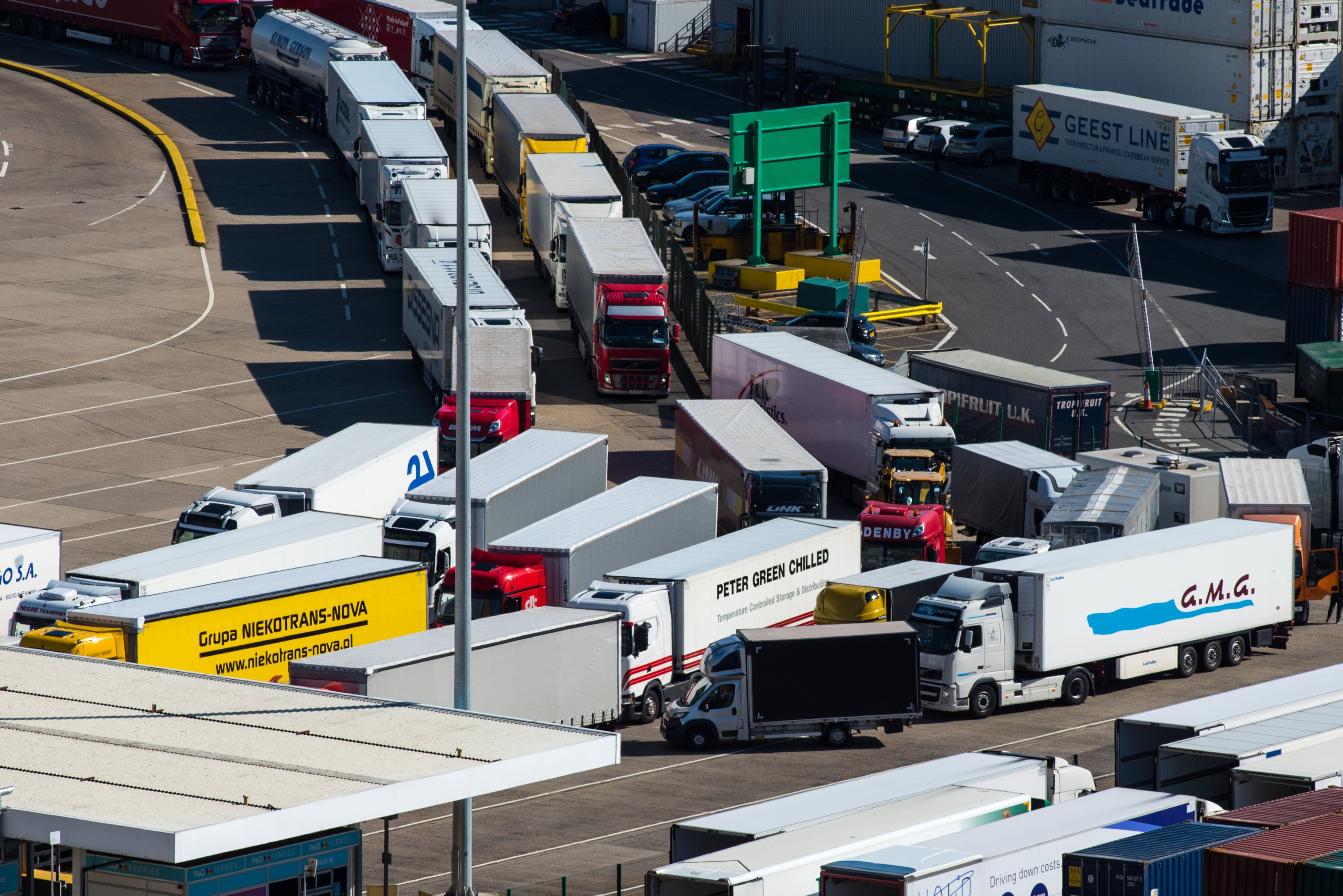Chefs urged to speak with suppliers and look at alternative produce ahead of 31 October
Chefs and operators are being urged to talk to their suppliers and to have alternatives to some fresh ingredients in mind as we approach the 31 October Brexit deadline.
Last week the release of the government’s Yellowhammer document, detailing the possible impacts of a no-deal Brexit, warned that fresh food supplies will “decrease” , with lorries experiencing delays of up to two-and-a-half days at the Dover crossing.
Rachel Dobson, managing director of buying specialist Lynx Purchasing, said: “As the latest Brexit deadline approaches, it feels very much like we’ve been here before, but it’s clearly more important than ever that operators prepare as best they can. Supply chains hate uncertainty, but unfortunately that’s really all we’ve got to work with.
“Our key message to operators is to keep talking to their suppliers; the more they talk, the more information suppliers can share to keep them updated. Strong supplier relationships are going to essential in the event of a no-deal Brexit, so ask for regular updates and if necessary, press suppliers on what their contingency plans are.”
Dobson said operators should ask which products are most likely to be affected and build up contingency plans while building as much flexibility into menus as possible.
Stephen Oswald, chief executive of Bidfood, agreed that chefs should be thinking about alternatives to some fresh produce.
He explained: “By its nature, fresh food can’t be warehoused or stockpiled; it has to move freely to where it’s needed. Our approach is to work as closely to the source of food production as possible, which is important in sustainability terms, so we have long-established relationships with UK farmers, growers and fishermen. Those relationships will be essential if chefs need to rely more on UK-produced fresh food.
“There is, of course, a considerable amount of fresh produce imported from Europe, and that’s where the impact of supply chain disruption, if it happens, is likely to be felt. Chefs should be aware of the origin of the fresh ingredients they use and be thinking about alternatives wherever they can. Most dishes can be adapted to make more use of home-produced food. We will, though, be well prepared and alongside our British sourcing, will be doing everything we can to keep our international supply chains open for business.”
Businesses have been making contingency plans to prepare for the possibility of no-deal. Contract caterer Compass said it has worked with its suppliers to maintain a supply of perishable items and increased inventories of non-perishable items from two to three weeks to four to five weeks.
Meanwhile fellow caterer Sodexo said: “Sodexo has robust plans that support the availability of food and equipment, and our people in the UK and the Republic of Ireland. We continue to meet and work with colleagues from government and our competitors to ensure we remain prepared for Brexit, including for a potential no-deal Brexit scenario. Our supply chain and HR teams have been working to ensure we are in the best possible position -– whatever the political outcome.”


















